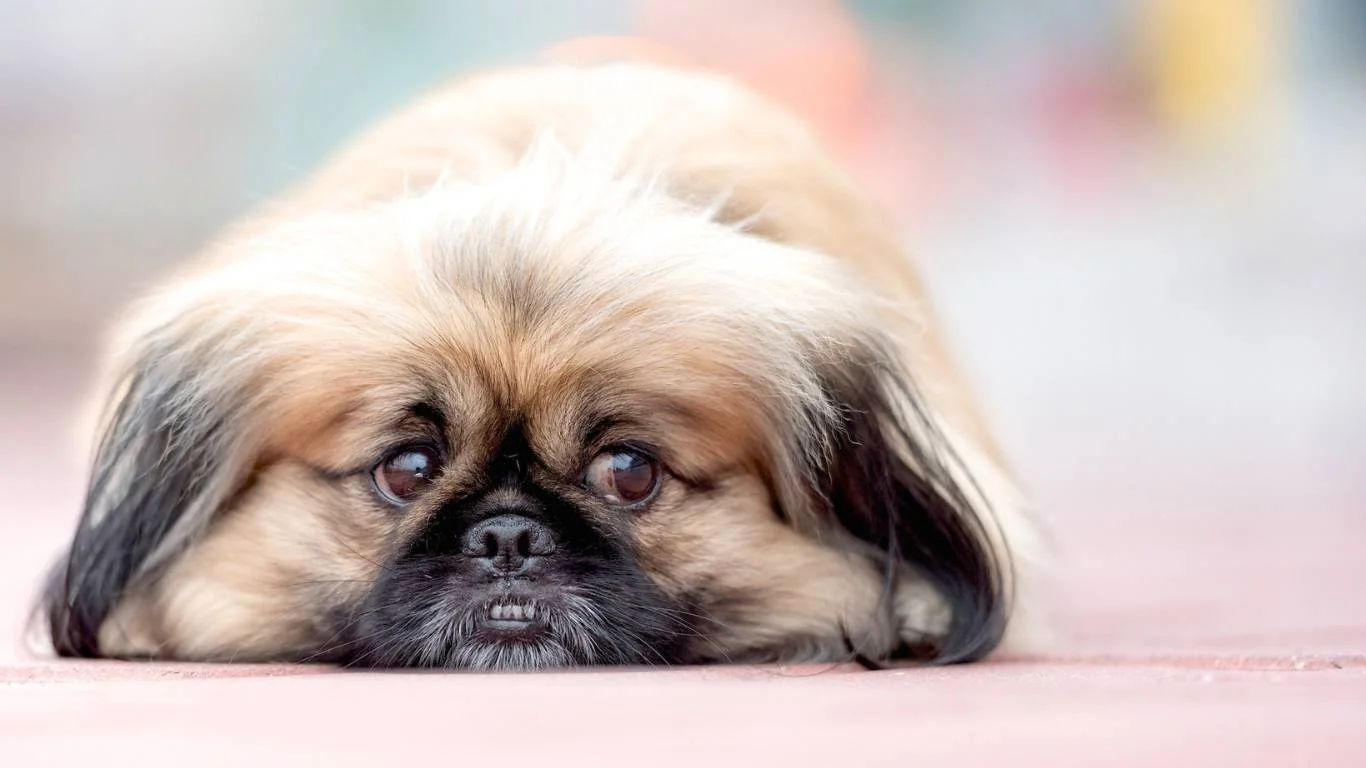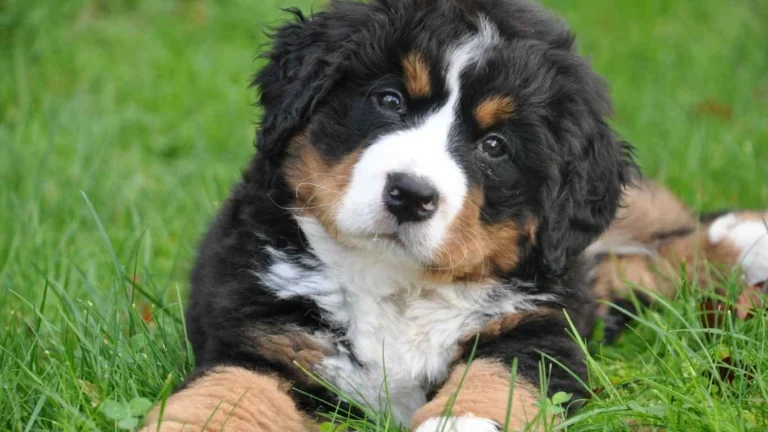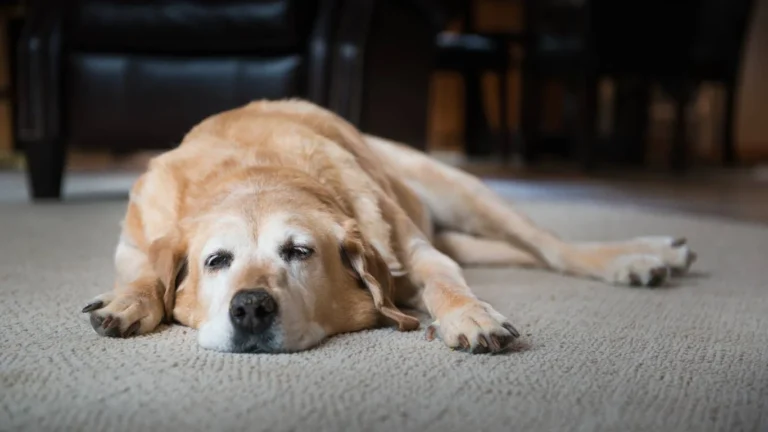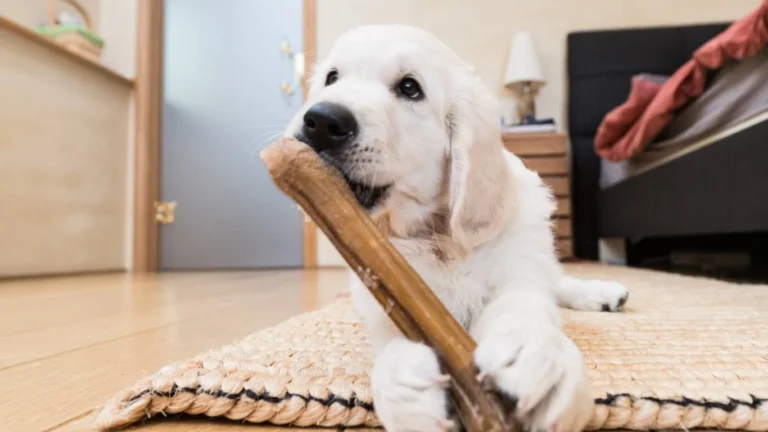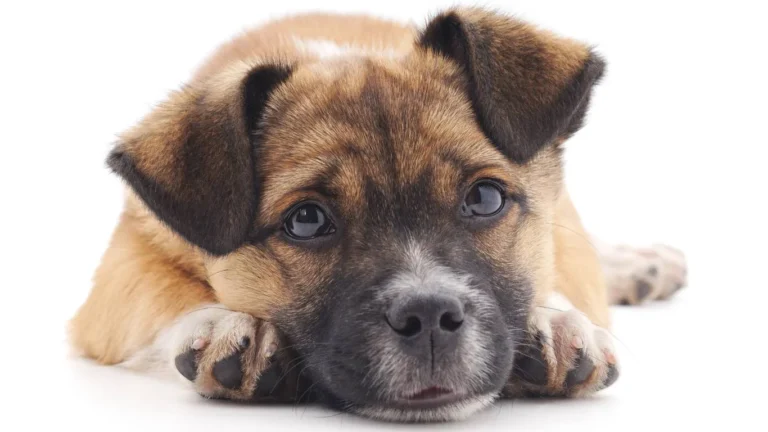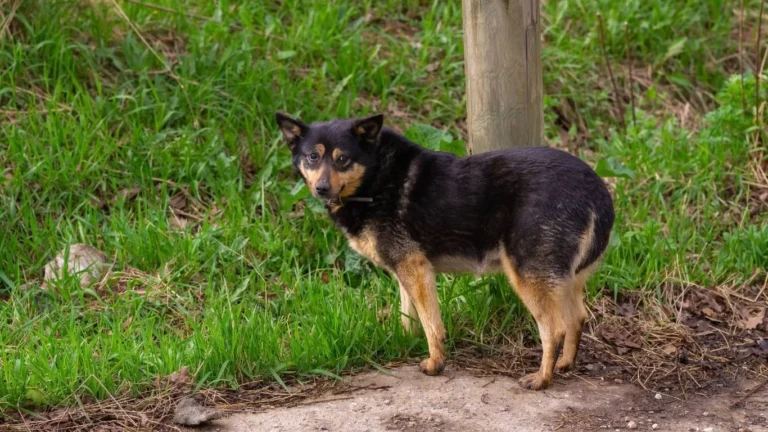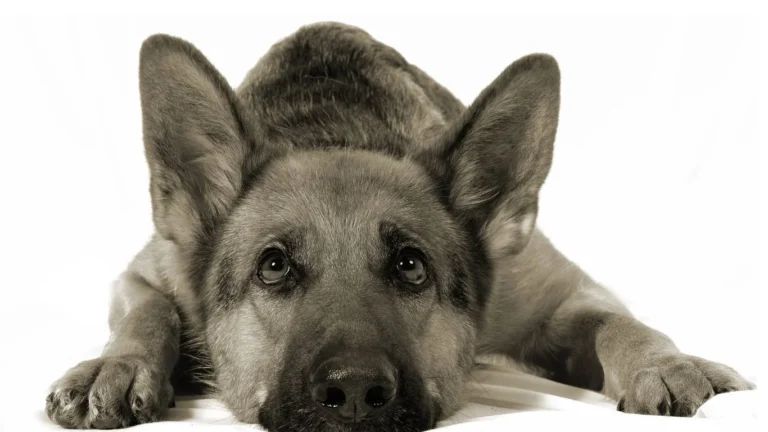What Does Excessive Licking Mean in Dogs? Causes and Solutions Explained
If you’ve ever noticed your dog licking themselves way more than usual, you might be wondering, what does excessive licking mean in dogs? From my time as a Veterinary Assistant focusing on nutrition and overall pet health, I’ve seen firsthand how this behavior can signal a variety of things—some harmless, others requiring a vet’s attention. Dogs use licking as a way to communicate, soothe themselves, or address physical discomfort. But when it turns into a non-stop habit, it’s a red flag that’s worth understanding.
Why Do Dogs Lick? Understanding the Basics
Before jumping into what excessive licking means, it’s important to get why dogs lick at all. Licking is a natural, instinctive behavior. Puppies lick their moms to show affection and get comfort. Adult dogs lick to groom, bond with their humans, or even just taste something interesting. However, when licking crosses from occasional to excessive, it often points to something deeper.
Normal Licking vs. Excessive Licking
In my experience, many pet parents confuse occasional licking with a problem. Here’s a quick way to tell the difference:
- Normal licking: Happens during play, after eating, or as a quick grooming habit.
- Excessive licking: Continuous, repetitive licking that lasts minutes to hours, sometimes leading to raw, irritated skin.
Excessive licking can occur on different parts of the body — paws, belly, or even the air (a phenomenon known as “air licking”). When this behavior lasts long and starts to damage the skin or disrupt daily life, it’s time to pay closer attention.
Common Causes of Excessive Licking in Dogs
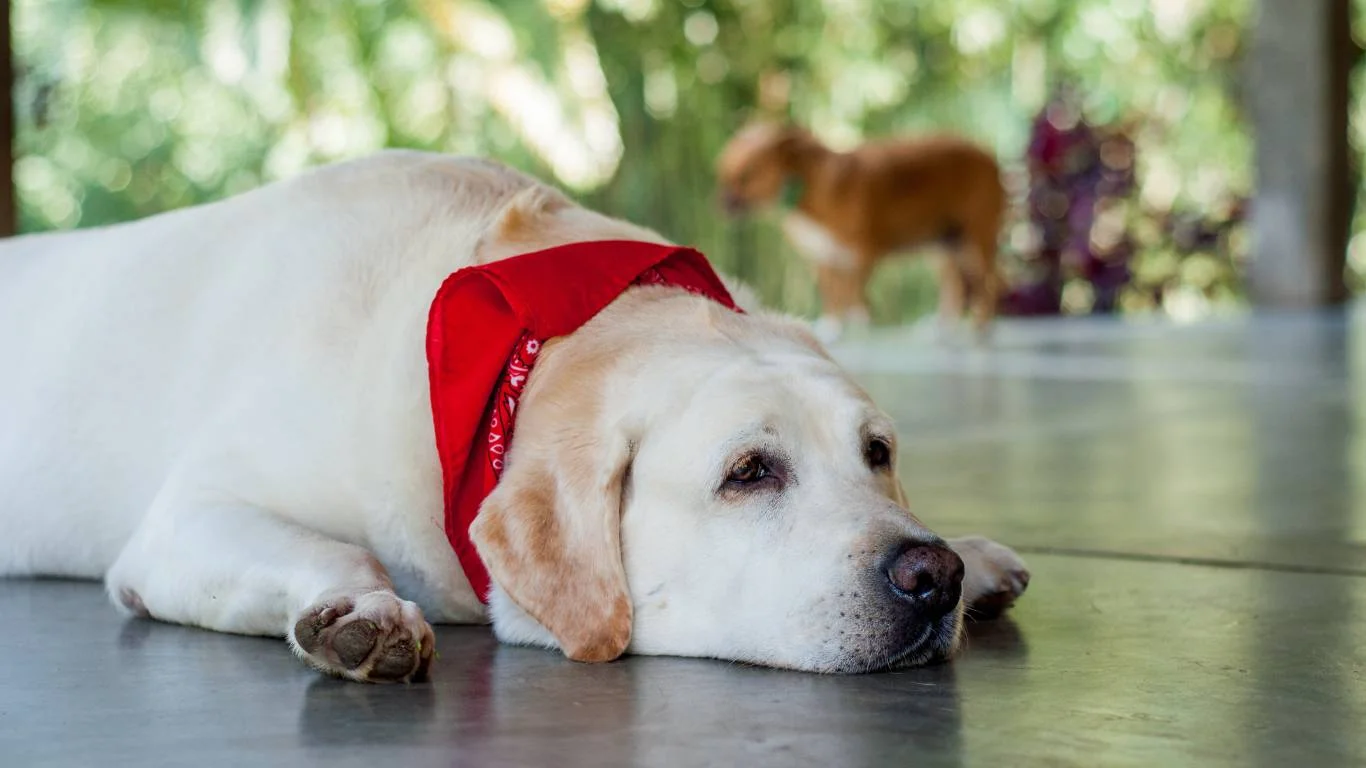
From my hands-on experience, excessive licking can stem from a few key issues. The tricky part is figuring out which one applies because dogs can’t tell us what’s wrong. Here’s a rundown of what I’ve learned that typically triggers this behavior:
1. Allergies and Skin Irritations
Allergies are among the most frequent reasons dogs lick excessively. They can be triggered by:
When a dog’s skin itches due to allergies, licking is their way of trying to relieve the discomfort. But unfortunately, it often worsens the irritation, causing a vicious cycle.
2. Anxiety and Stress
Just like people bite their nails or pace when nervous, dogs turn to licking as a self-soothing mechanism. I’ve met many pups who lick themselves raw simply because they feel anxious or bored. Changes in environment, separation anxiety, or even loud noises can set this off.
3. Pain or Injury
Another big reason dogs lick excessively is pain. They might be licking a joint that hurts, a small cut, or an insect bite. It’s their way of trying to protect or heal the area. Observing where your dog licks the most can give clues about hidden injuries.
How Nutrition Can Influence Licking Behavior
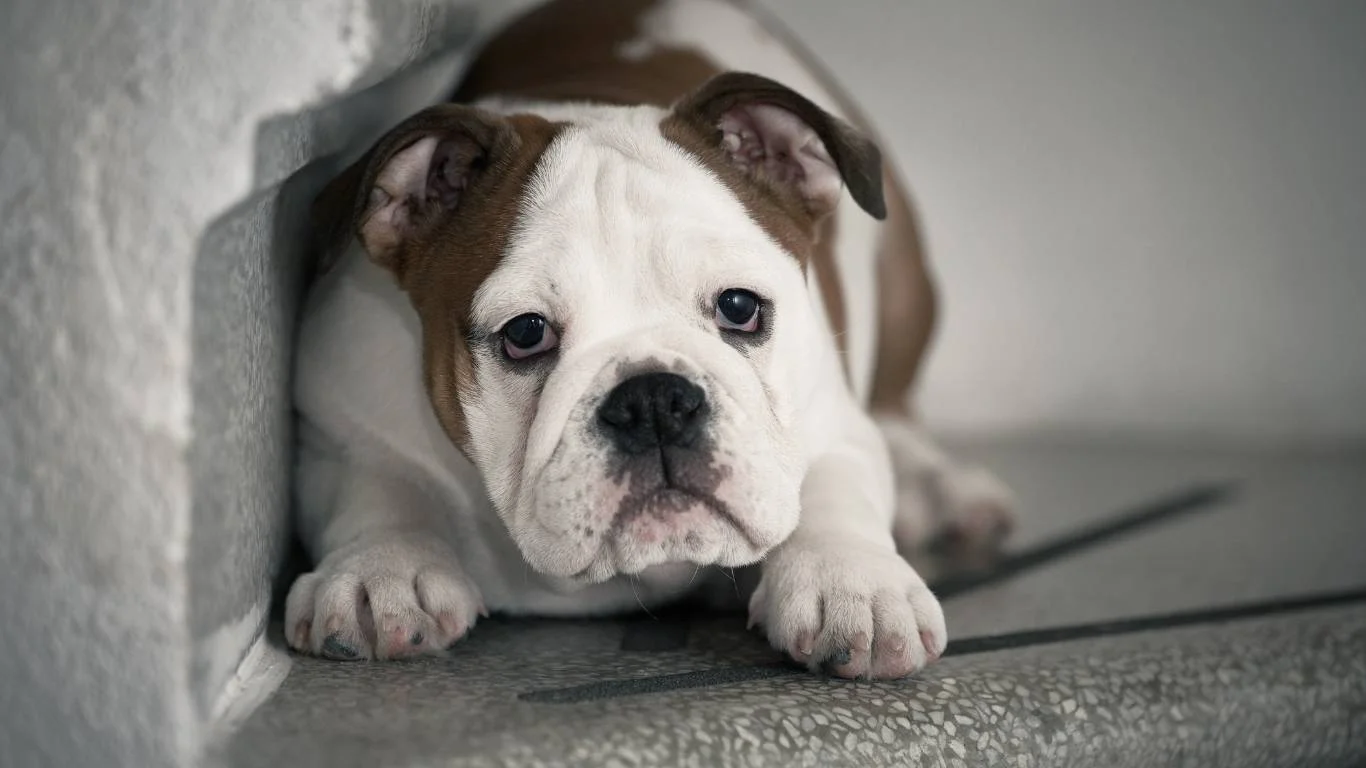
Nutrition plays a surprisingly big role in skin health and licking habits. During my time assisting vets, I’ve seen that poor diets lacking essential fatty acids or vitamins can lead to dry, itchy skin and increased licking. Incorporating balanced nutrition helps improve coat condition and may reduce the urge to lick.
Tips From a Veterinary Assistant’s Experience:
- Ensure your dog’s diet includes omega-3 and omega-6 fatty acids for skin health.
- Consider food allergy trials if you suspect diet-related licking.
- Hydration is key—sometimes dry skin stems from dehydration.
Often, addressing nutrition alongside veterinary care can make a noticeable difference in how much your dog licks.
When Should You Worry About Excessive Licking?
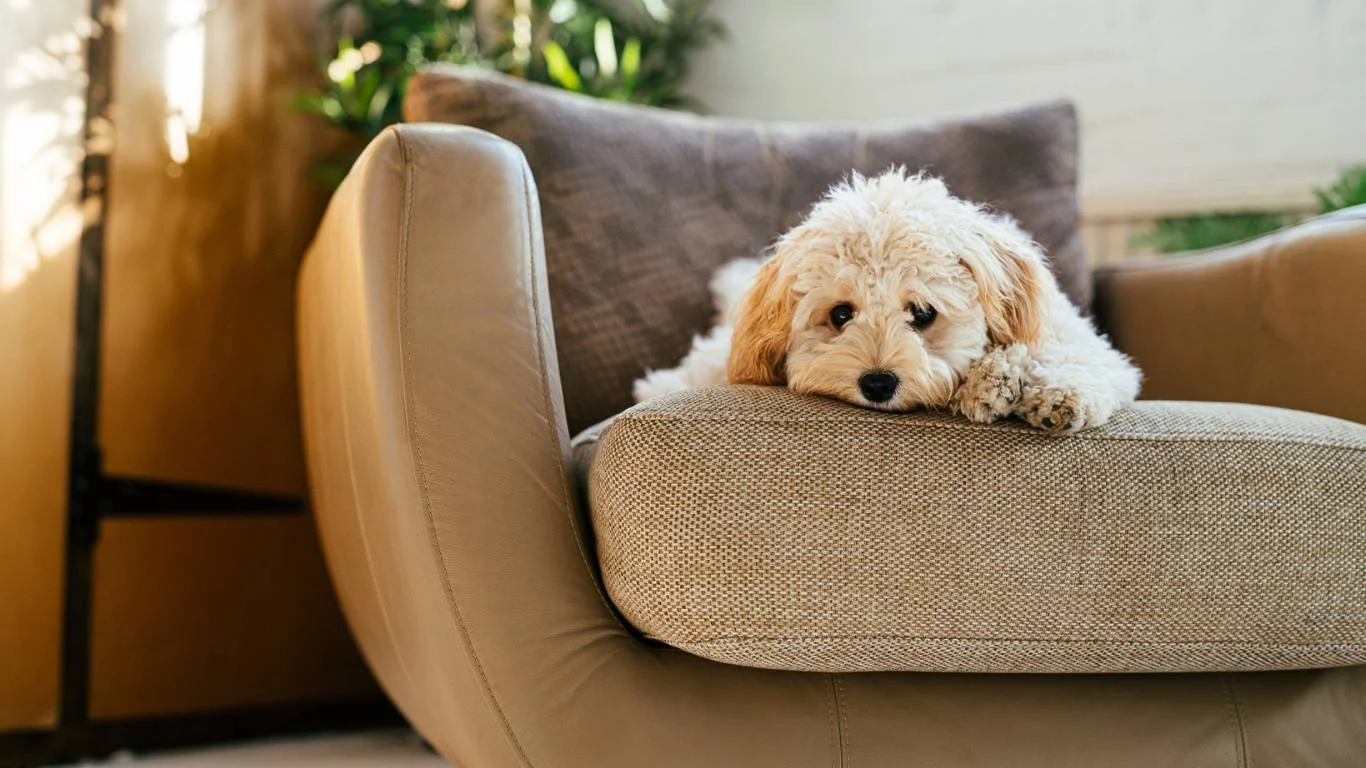
Since licking is so common, it’s easy to brush it off. But here’s a quick checklist from my practical experience that can help you decide when to seek professional advice:
- Licking causes redness, swelling, or sores
- Your dog seems restless or obsessive about licking
- Licking interferes with their normal activities, like sleeping or eating
- There’s a sudden increase in licking without an obvious cause
If any of these sound familiar, it’s a good idea to book a vet visit. Early intervention can prevent bigger health issues down the line.
How to Help Your Dog Stop Excessive Licking
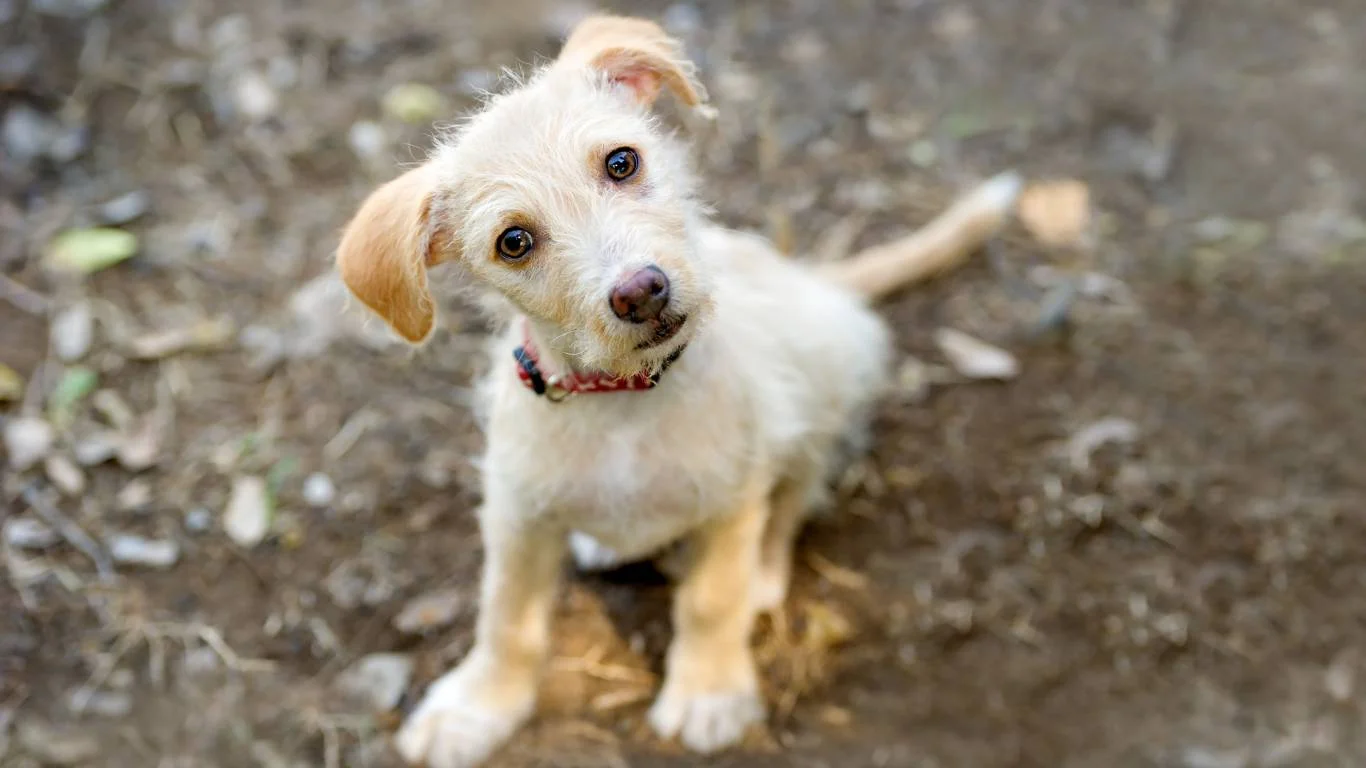
When I first started working as a Veterinary Assistant, one of the most common questions pet parents asked me was, “How can I get my dog to stop licking so much?” Honestly, it’s not always straightforward because the cause varies so much. But the good news is, with a little detective work and some patience, you can help your furry friend feel better and cut down on this obsessive licking habit.
Identify and Address the Underlying Cause
This might sound obvious, but it’s the most crucial step. Excessive licking is a symptom, not a problem in itself. When I worked alongside vets, we always emphasized tackling the root cause first—whether that’s allergies, anxiety, pain, or nutritional deficiencies. Here’s how you can approach this:
- Allergies: Work with your vet to identify if environmental or food allergies are the culprit. Sometimes, an elimination diet is necessary to pinpoint food triggers.
- Stress and Anxiety: Look at what’s changed recently. Did you move? Is there a new family member or loud construction outside? Behavioral modifications, more exercise, and even calming products like pheromone diffusers can help.
- Pain or Injury: If your dog licks one spot obsessively, check for cuts, bumps, or swelling. When in doubt, a professional exam and possibly X-rays can rule out deeper issues.
Keep Your Dog Busy and Stimulated
From personal experience, boredom can sneakily trigger licking behavior, especially in energetic breeds or dogs left alone for long stretches. Dogs need mental and physical stimulation to stay balanced.
- Try puzzle toys or treat-dispensing games to keep their mind busy.
- Daily walks, playtime, and training sessions can reduce anxiety and distract from licking urges.
- Consider socializing your dog with other friendly dogs if they enjoy company—it’s a natural way to ease stress.
The Role of Veterinary Care and Professional Guidance
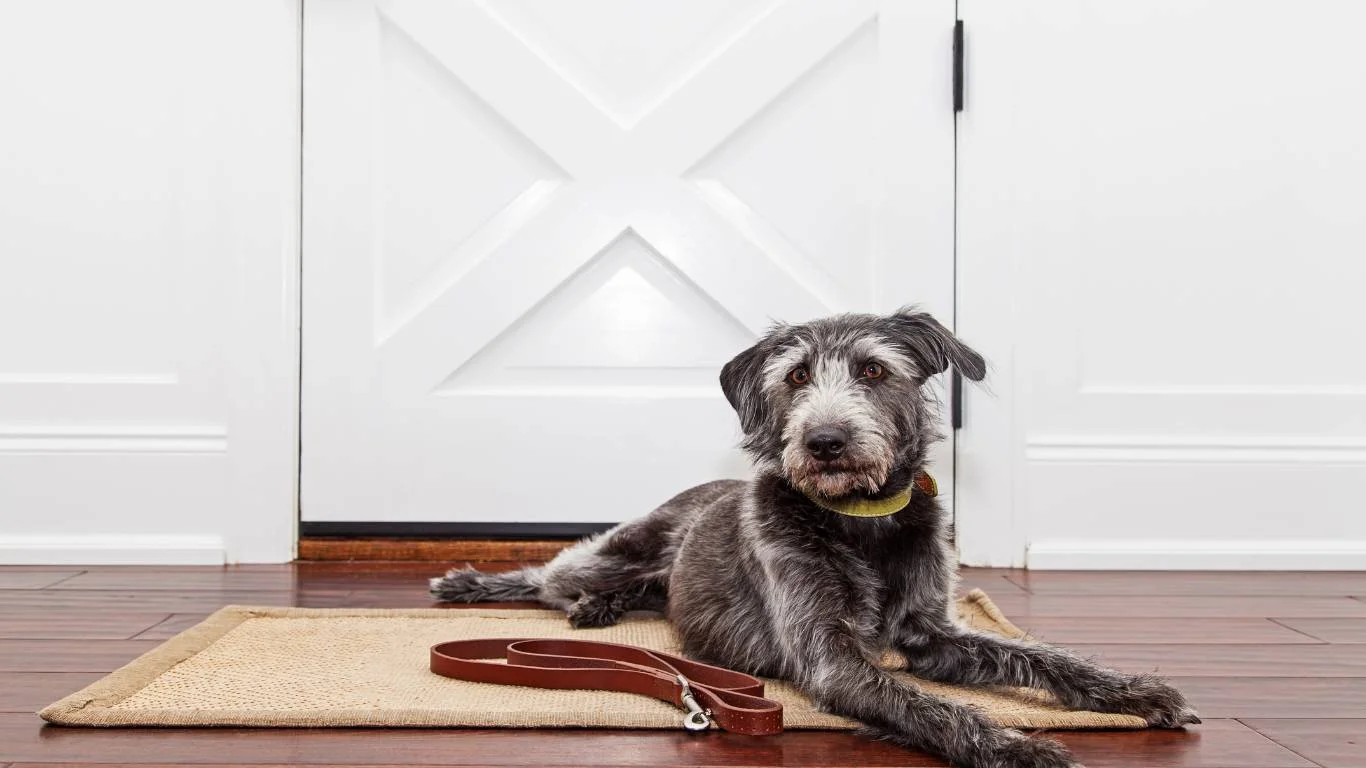
Sometimes, despite your best efforts, excessive licking persists. This is when veterinary expertise becomes essential. During my time assisting vets, I’ve seen that early intervention not only helps the dog but also gives owners peace of mind. Here’s what a vet might do to help:
Diagnostic Tests and Treatments
To get to the bottom of what causes excessive licking, vets may recommend:
- Skin scrapings and allergy tests: To identify parasites or allergic reactions.
- Blood work: To check for underlying systemic conditions like hormonal imbalances.
- Imaging: X-rays or ultrasounds if pain or injury is suspected.
Based on the results, treatments could include medicated shampoos, anti-inflammatory medications, antihistamines, or prescription diets tailored to reduce allergies and improve skin health.
Behavioral Therapy and Support
When licking is linked to anxiety or compulsive disorders, vets or certified animal behaviorists can design behavior modification plans. These may involve:
- Desensitization to stress triggers
- Positive reinforcement training
- Use of calming supplements or medications, when necessary
Trust me, I’ve witnessed dogs flourish when given the right behavioral tools combined with medical support.
Practical Tips to Manage Your Dog’s Licking at Home
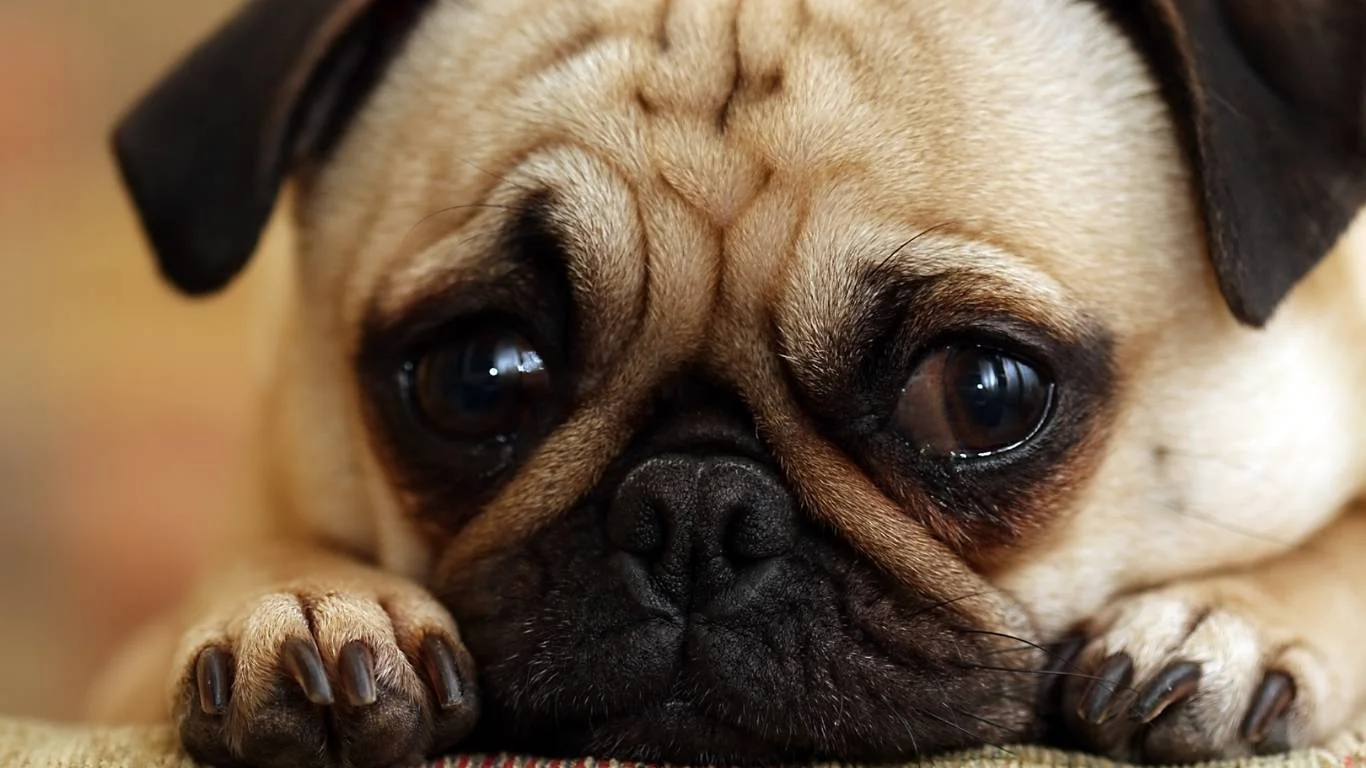
While professional help is important, there are lots of small things you can do at home to make your dog more comfortable and reduce licking urges. From my hands-on experience, these little adjustments really add up:
Keep Their Skin Clean and Moisturized
Regular baths using gentle, hypoallergenic shampoos can soothe itchy skin. Also, applying vet-approved moisturizers or coconut oil can help maintain skin hydration and reduce irritation.
Protect the Licking Spots
If your dog is licking a sore or injured area, using an Elizabethan collar (“cone”) temporarily can prevent further damage. There are also softer alternatives like inflatable collars or protective wraps, which I’ve found some dogs tolerate better.
Maintain a Healthy Diet
As mentioned earlier, nutrition has a huge impact on skin and coat health. Keep feeding a well-balanced diet and consult your vet before adding supplements. Remember, some dogs can be sensitive to certain ingredients, so gradual changes are best.
Offer Plenty of Attention and Affection
Never underestimate the power of love! Many dogs lick because they seek comfort or connection. Spending quality time cuddling, grooming, or simply hanging out together can help ease anxiety and reduce compulsive licking.
Long-Term Management and Prevention of Excessive Licking
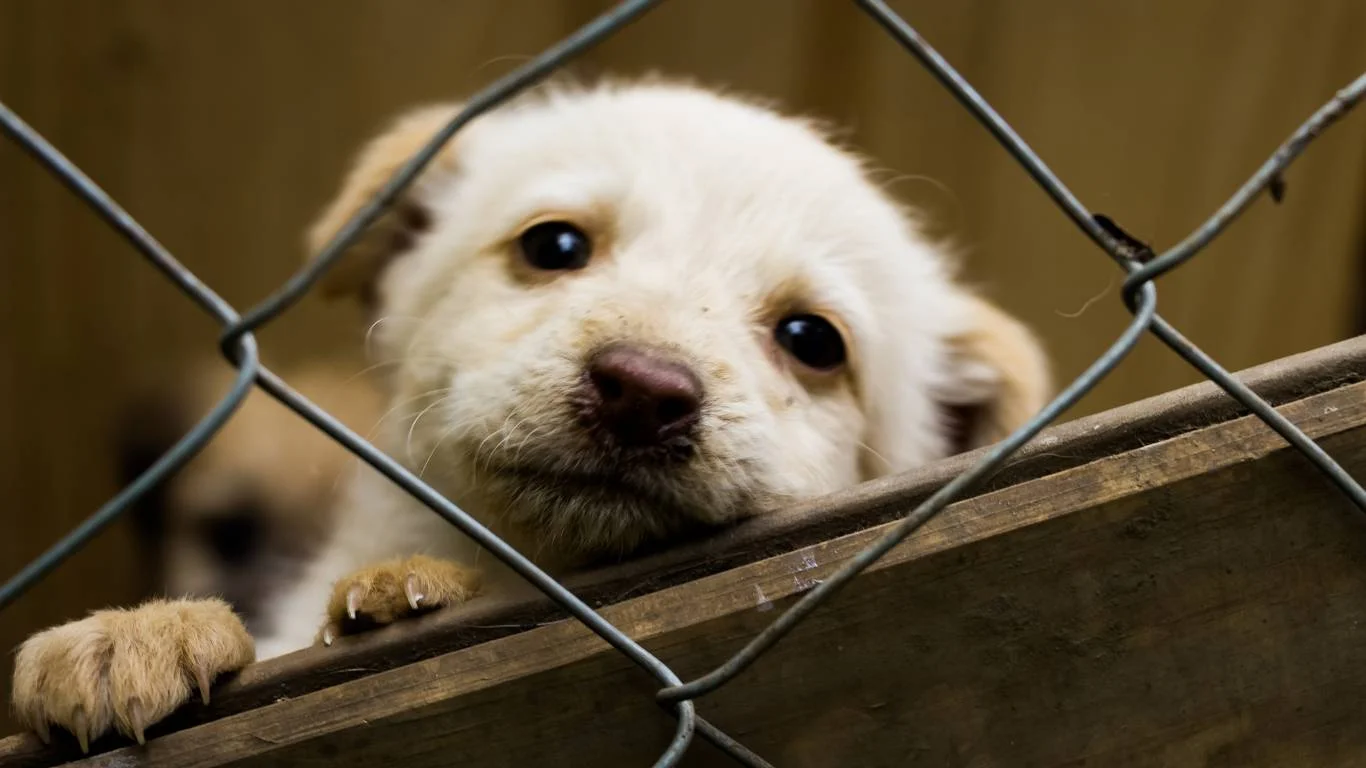
Over the years working as a Veterinary Assistant, I’ve learned that helping dogs with excessive licking is often a long game. It’s not just about quick fixes but developing a plan that keeps your dog comfortable and happy in the long run. If you’re wondering what does excessive licking mean in dogs?, part of the answer is understanding how ongoing care and prevention play a huge role in keeping this behavior in check.
Regular Vet Checkups Are Key
Even if your dog’s licking seems under control, I always recommend scheduling routine vet visits. Skin problems and allergies can sneak up slowly, and catching them early means less discomfort for your dog and fewer surprises for you. Plus, a vet can continually update nutrition plans or behavior strategies as your dog ages or their environment changes.
Maintain a Consistent Routine
Dogs thrive on routine, and irregular schedules can contribute to stress and anxiety—which, as we talked about, can fuel excessive licking. I’ve noticed dogs do much better when their meals, walks, playtime, and sleep happen around the same time every day. It’s a small but powerful way to help them feel safe and less likely to develop nervous habits.
Keep Up With Parasite Prevention
Fleas, ticks, and mites aren’t just annoying—they’re a common cause of itchy skin and licking. From my time working in clinics, I’ve seen that even dogs who spend most of their time indoors can be vulnerable. A solid flea and tick prevention program, recommended by your vet, can save your dog a lot of misery and stop licking before it starts.
Environmental Enrichment Matters
Dogs who get enough mental stimulation and exercise are less likely to resort to licking as a way to entertain or calm themselves. Interactive toys, obedience training, and safe outdoor time are all part of a balanced lifestyle that keeps licking behaviors in check. I’ve helped many dog owners find creative enrichment activities that suit their dog’s personality and energy levels, and it really makes a difference.
Signs That Indicate You Should Seek Immediate Help
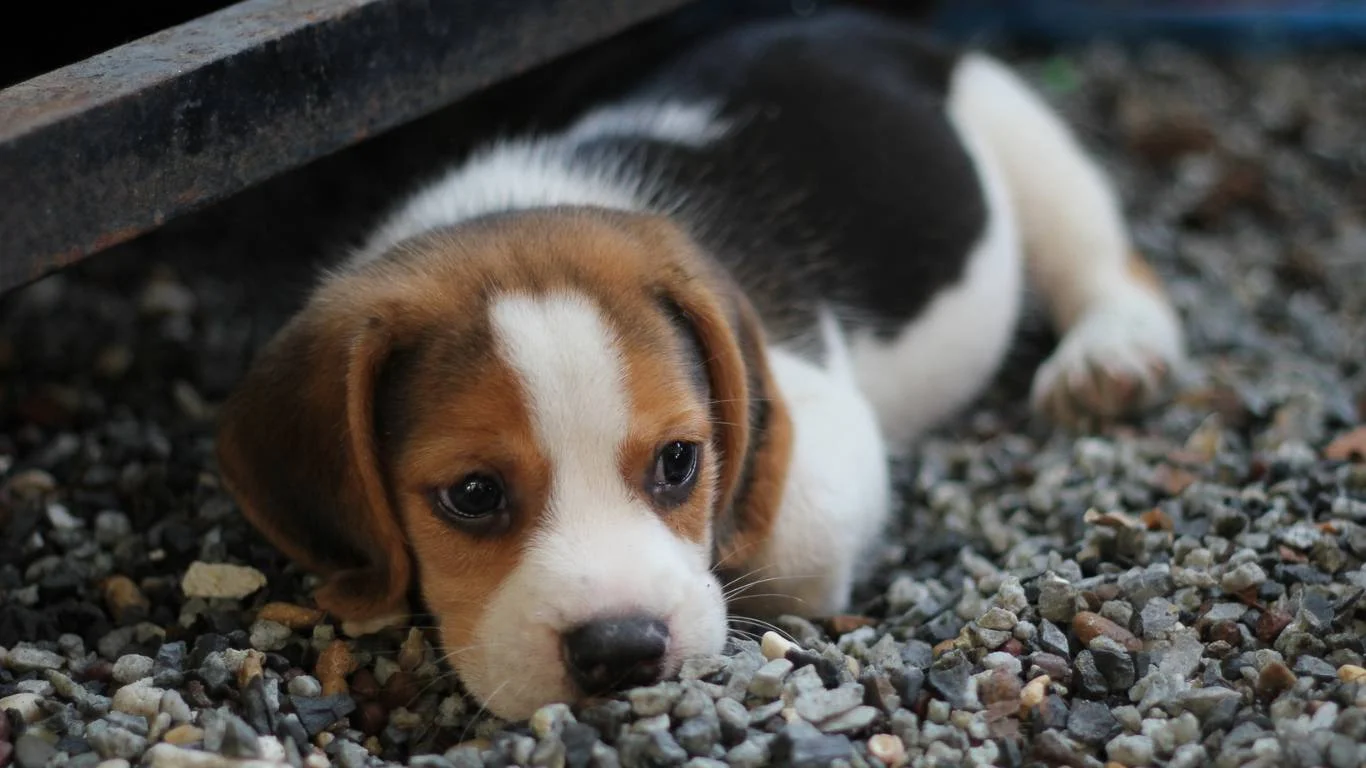
Sometimes licking can escalate into something that needs urgent care. From what I’ve witnessed, there are a few signs you shouldn’t ignore:
- Open wounds or bleeding: Constant licking can break the skin and lead to infections.
- Swelling or heat around the licking area: These can indicate infection or severe inflammation.
- Sudden behavioral changes: Increased aggression, withdrawal, or lethargy paired with licking can signal pain or serious illness.
- Persistent licking despite treatment: If your dog keeps licking after trying home remedies or medications, it’s time for a recheck or specialist visit.
Don’t hesitate to call your vet if you see these red flags. Early action can prevent complications and speed up recovery.
Reflecting on My Experience: Why Patience and Observation Matter
Having spent years assisting veterinary teams, I can’t stress enough how much patience and close observation can change the game. No two dogs are the same, and what works for one pup might not work for another. I remember a case where a dog kept licking paws incessantly—after thorough testing, it turned out to be a subtle food allergy combined with anxiety. It took months of trial, error, and love, but eventually, the dog was licking far less and visibly happier.
So if you’re reading this wondering “What does excessive licking mean in dogs?”, take comfort in knowing you’re not alone, and help is available. It’s all about paying attention, working with trusted professionals, and tuning into your dog’s needs.
References
- American Veterinary Medical Association
- American Animal Hospital Association
- PetMD
- UC Davis Veterinary Medicine
Disclaimer
This article is intended for informational purposes only and should not replace professional veterinary advice. If your dog is experiencing excessive licking or any other concerning symptoms, please consult your veterinarian promptly for a thorough evaluation and tailored treatment plan.
